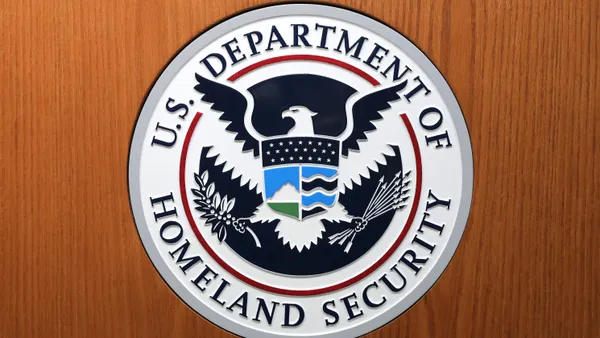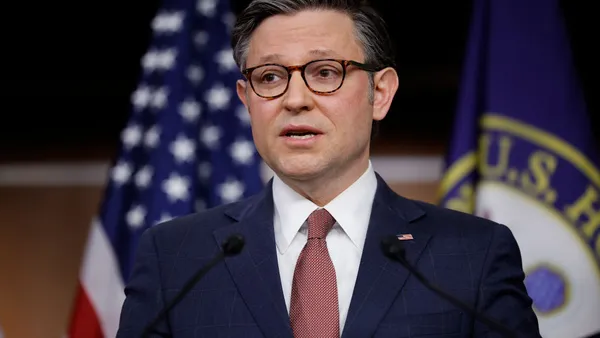Dive Brief:
- Ohio University expects to save its students $1 million in textbook fees this academic year by contracting with a company offering a cloud-based solution for free classroom materials. The savings is more than double the amount that the university expected as a result of a campaign to increase the use of open educational resource (OER), according to EdScoop.
- Officials at the institution said they did not intend to eliminate printed textbooks in the three-year initiative, but wanted to promote use of OER where possible.
- Ohio University's contract with ed-tech provider Top Hat was accompanied by training of the institution's employees to use the materials and incentives for faculty if they adopted OER.
Dive Insight:
Faculty members can find the books they want from Top Hat's inventory, access other sources or author their own material. School officials hope that the change will not only save students money, it will enliven the classroom with new approaches to topics.
OER publisher OpenStax reported that nearly half of U.S. colleges and universities are using free textbooks this year. One survey, however, showed that colleges have been slow to adopt it, often because professors feel there aren't enough good resources available.
Nevertheless, that survey also found that only 22% of professors said they are very satisfied with the current costs of their course materials, and only a third said 90% or more of their students get all the items necessary. Prices for textbooks have risen more than 1,000% since 1977, three times faster than tuition costs, and a 2014 study found that 65% of students decided not to buy a required textbook because it was too expensive even though they knew it would diminish their grades. Another recent report showed that free materials particularly benefited first generation and low-income students.
Research has indicated that students given free course material receive better grades, according to Inside Higher Education. About half of the more than 20,000 students in the six-year study were given free digital textbooks for eight courses, including biology, history, psychology and sociology. About 12% more earned A grades and fewer failed.











